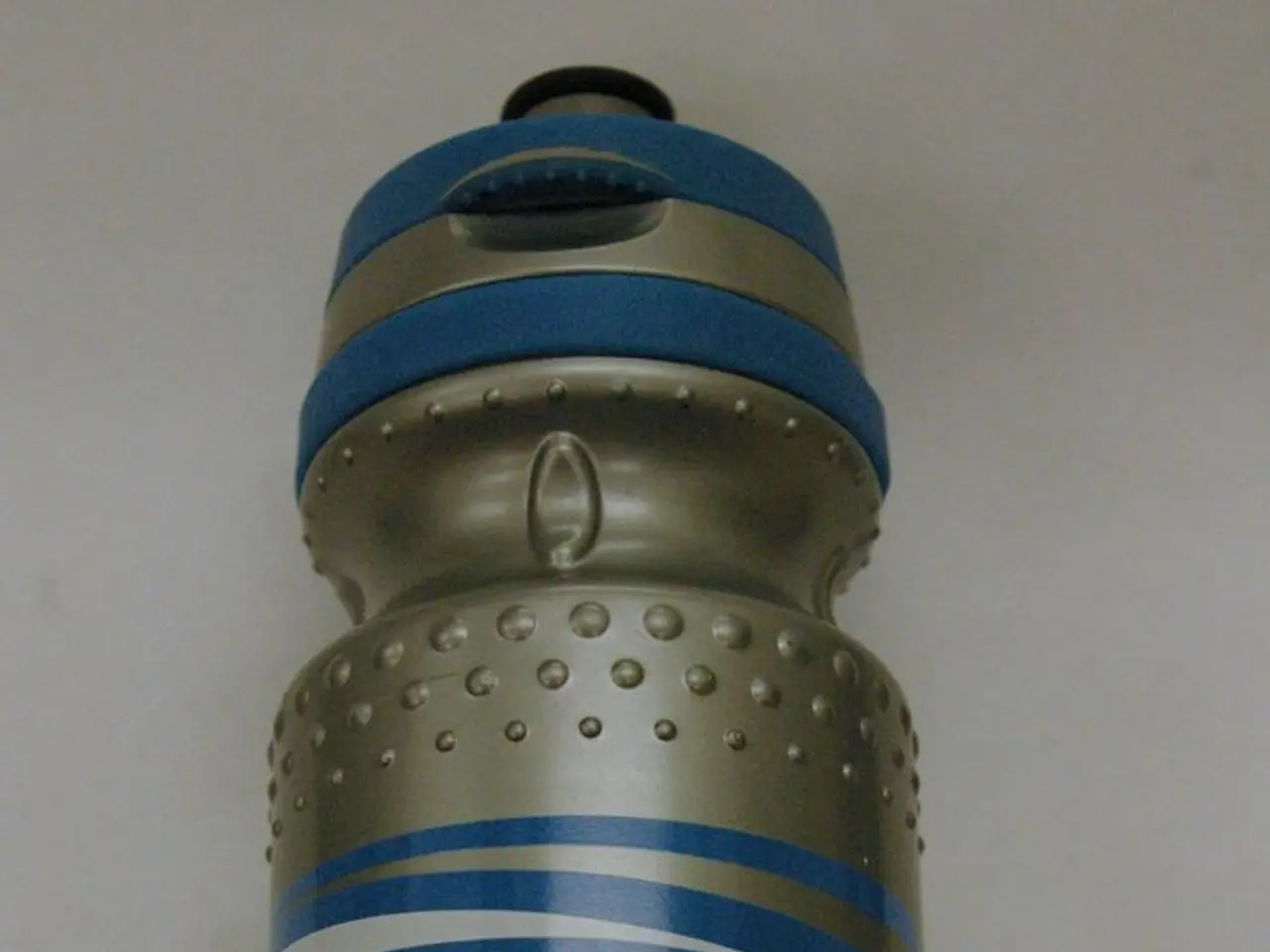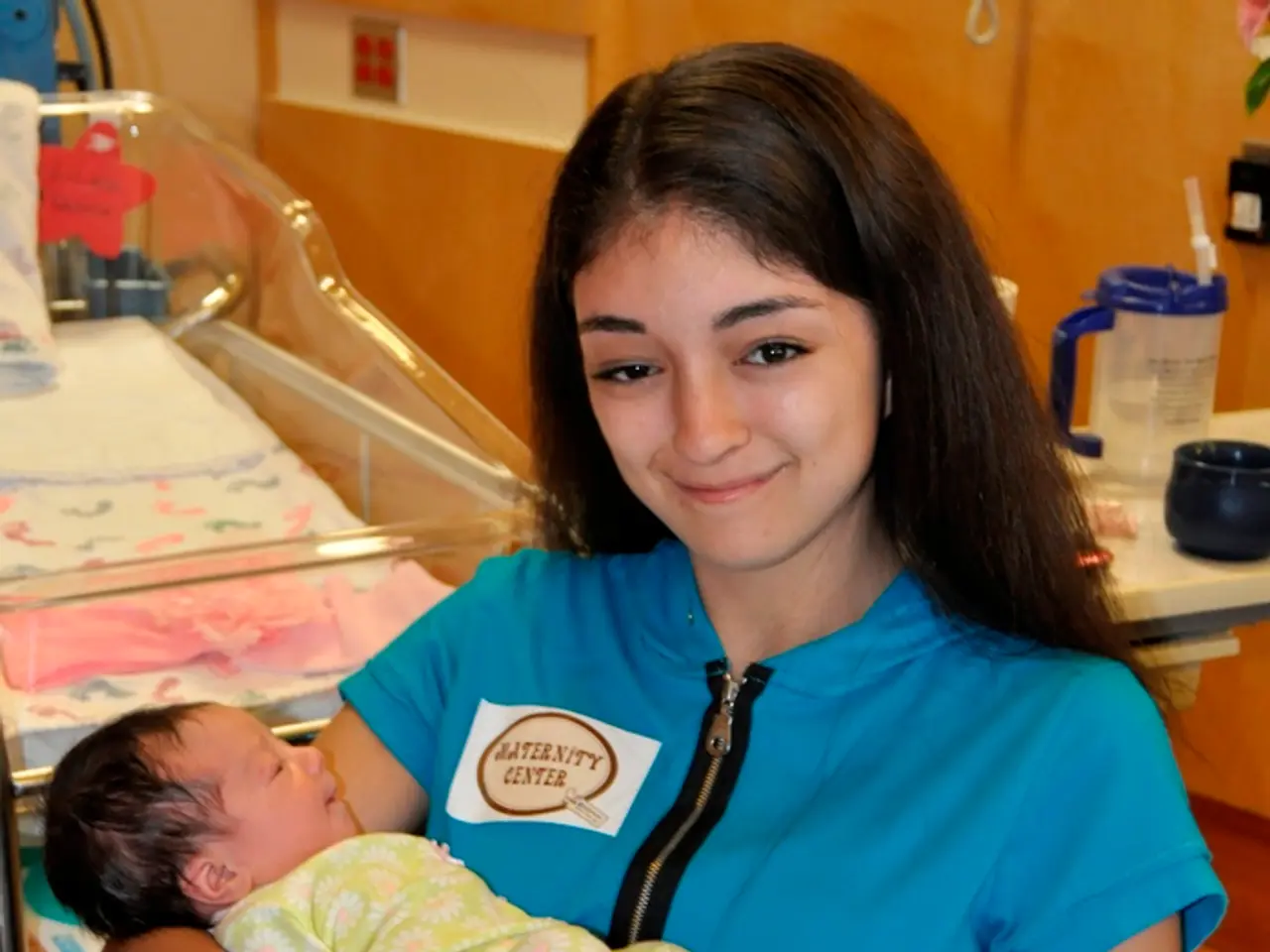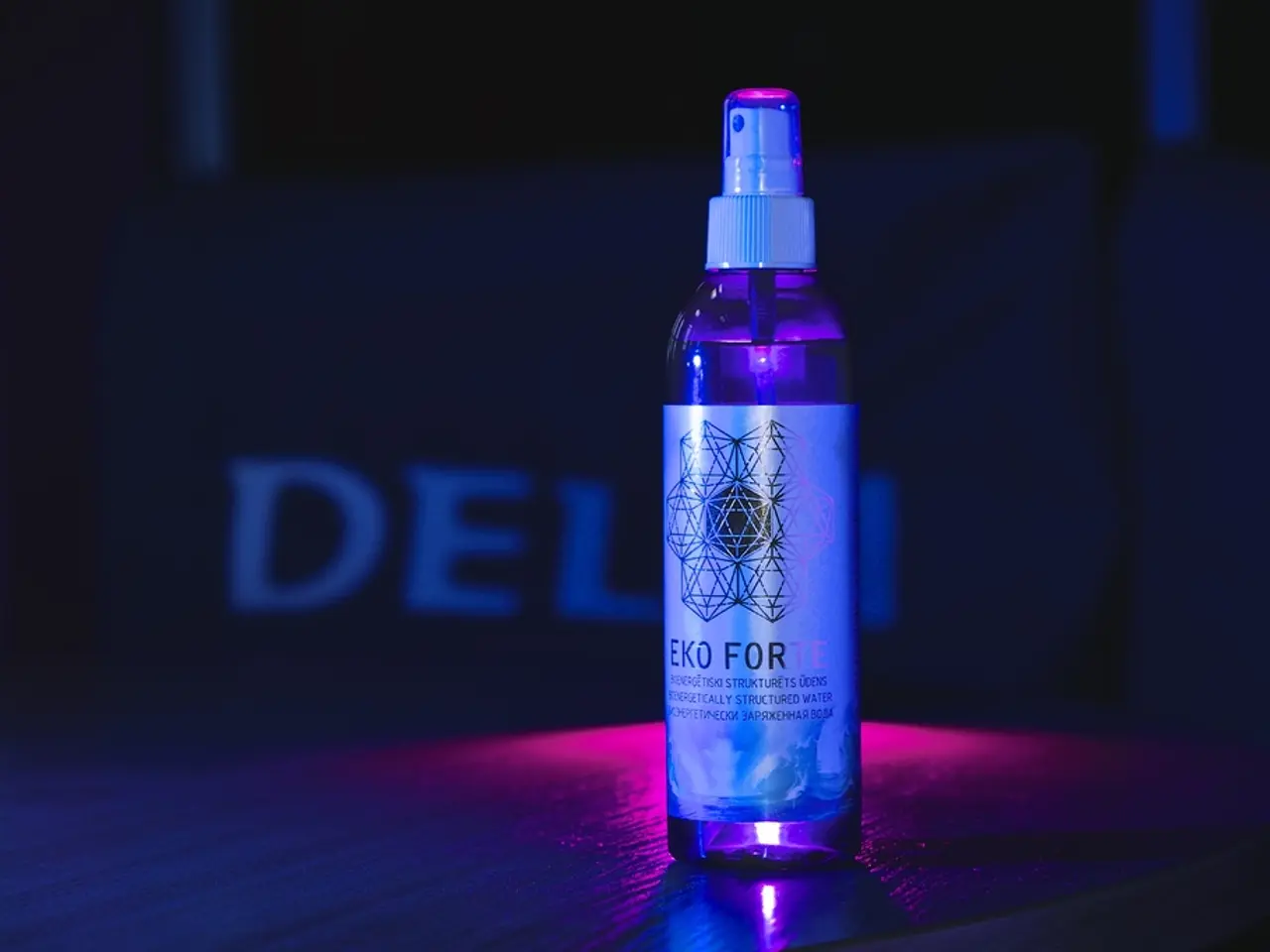Potential Indirect Approach for FDA Oversight on Laboratory Developed Tests (LDTs)
In the wake of a federal court decision that vacated the Food and Drug Administration's (FDA) 2024 Final Rule aiming to regulate LDTs as medical devices, the FDA's direct regulatory pathway over LDTs has been temporarily blocked[1][3]. However, several potential avenues remain or could emerge for the FDA to assert some degree of authority or influence over LDTs.
## Potential Avenues for FDA Involvement with LDTs
**1. Indirect Regulation Through Device Components** The FDA may pursue indirect regulatory paths, such as asserting authority over specific components or materials used in LDTs that are themselves regulated as medical devices or accessories. For example, the agency could focus on the regulation of certain reagents, instruments, or software that are part of the test process, leveraging its existing authority over these components rather than the LDTs as a whole.
**2. Collaboration with CMS/CLIA** The FDA could work more closely with the Centers for Medicare & Medicaid Services (CMS), which administers the Clinical Laboratory Improvement Amendments (CLIA). Although CLIA focuses on laboratory quality and analytical validity, it does not address clinical validity or safety like the FDA would. However, strengthened collaboration could allow for more comprehensive oversight in practice, especially for high-risk tests[3].
**3. Congressional Action** The most robust way for the FDA to gain clear authority over LDTs would be through new legislation passed by Congress. The court's decision highlighted the absence of explicit statutory authority for the FDA to regulate LDTs as medical devices. Congress could amend the Federal Food, Drug, and Cosmetic Act to grant the FDA such authority, but this is considered unlikely in the current political climate[1][3].
**4. Guidance and Voluntary Compliance** The FDA may issue non-binding guidance documents to encourage laboratories to voluntarily adopt certain standards or practices. While not enforceable, such guidance can influence industry behavior and foster uniformity in test development and reporting.
**5. Enforcement Actions for Misbranding or False Claims** The FDA retains authority to take enforcement actions against laboratories that make false or misleading claims about their LDTs. This could include actions under existing provisions related to misbranding or adulteration, albeit on a case-by-case basis and not as a comprehensive regulatory framework.
## Summary Table
| Avenue | Description | Status/Feasibility | |-------------------------------|--------------------------------------------------------------------------------------------------|----------------------------------| | Indirect regulation | Focus on device components used in LDTs | Possible, limited scope | | CMS/CLIA collaboration | Strengthened partnership with CMS around laboratory standards | Ongoing, limited to quality[3] | | Congressional action | New legislation granting FDA explicit authority | Unlikely in current climate[1] | | Guidance and voluntary compliance | Non-binding recommendations and standards for labs | Ongoing, but not enforceable | | Enforcement for false claims | Case-by-case action against misbranding or misleading advertising | Ongoing, limited impact |
## Conclusion
Absent new legislation or a successful future appeal, the FDA’s ability to regulate LDTs is now constrained. The agency may rely on indirect approaches, collaboration with other agencies, and non-binding guidance, but comprehensive oversight is unlikely without significant changes to the law or a shift in judicial precedent[1][3].
The FDA's warning letter to a diagnostics company could indicate a potential avenue for the agency to assert authority over LDTs. The Association for Molecular Pathology advocates that the best way to ensure the accuracy, reliability, and appropriate use of LDTs is through the clarification of the long-standing CLIA regulations. The Food, Drug, and Cosmetic Act of 1938 authorizes the FDA to regulate manufactured products, but the FDA has no authority to alter or expand the FDCA's definition of a device. The court found that the FDA's attempt to expand jurisdiction over LDTs exceeded its statutory authority.
- The FDA's indirect regulation could involve overseeing specific components or materials used in LDTs, such as reagents, instruments, or software, that are themselves regulated as medical devices or accessories.
- Collaboration between the FDA and the Centers for Medicare & Medicaid Services (CMS) could allow for a more comprehensive approach to oversight, particularly for high-risk tests.
- Congressional action, representing new legislation that grants the FDA explicit authority over LDTs, would offer the most robust avenue for the FDA's involvement, although it is considered unlikely in the current political climate.
- The FDA may issue guidance documents to encourage laboratories to voluntarily adopt standards or practices, potentially influencing industry behavior and fostering uniformity in test development and reporting.
- The FDA could take enforcement actions against laboratories that make false or misleading claims about their LDTs, doing so under existing provisions related to misbranding or adulteration.
- AI, analytics, and data-driven therapist-guided treatments in medical-conditions management, could provide potential points of intersection for the FDA's oversight, given their association with medtech, diagnostics, and health-and-wellness.
- In the realm of research and science, news articles and academic publications discussing regulatory challenges and opportunities related to LDTs, may shed light on industry trends and the FDA's evolving strategies for asserting influence over LDTs.




